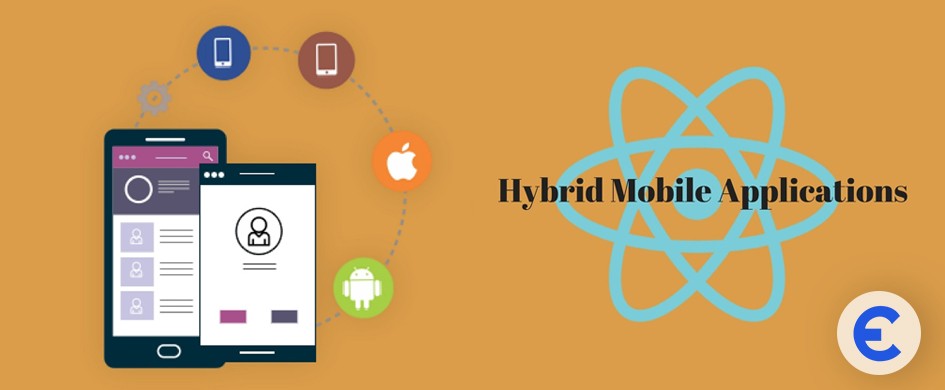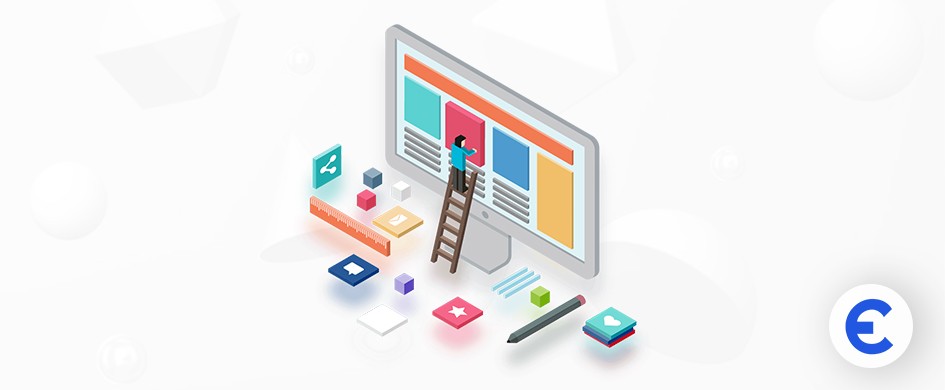Overview
The integration of Artificial Intelligence (AI) with blockchain technology is setting a new benchmark for transaction efficiency and reliability. As blockchain continues to gain traction across various industries, its inherent challenges, such as scalability and transaction latency, come to the forefront. AI algorithms offer a compelling solution to these challenges, optimizing blockchain transactions to achieve unprecedented levels of efficiency and cost-effectiveness. This article delves into the role of AI in enhancing blockchain transaction processes, addressing potential challenges and envisioning the future of this synergistic technology integration.
Introduction
Blockchain transactions, while secure and transparent, face challenges like slow processing times and high costs, particularly during periods of high network congestion. The integration of AI algorithms promises to tackle these issues head-on, leveraging predictive analysis and machine learning to streamline blockchain operations and enhance overall efficiency.
AI in Transaction Optimization
AI plays a crucial role in optimizing blockchain transactions through predictive analysis, which can forecast transaction volumes and adjust network resources accordingly to maintain efficiency. Machine learning algorithms further refine this process by automating smart contracts, enabling them to execute more complex tasks with greater accuracy and less human intervention. These AI-driven innovations not only enhance transaction speed and reliability but also open up new avenues for blockchain applications.
Reducing Costs and Time
The application of AI in blockchain transaction optimization has led to significant reductions in both costs and processing times. By intelligently allocating network resources and automating contract execution, blockchain networks can handle higher volumes of transactions more swiftly, reducing the fees associated with transaction processing. Examples from the financial sector, where AI-enhanced blockchain systems have streamlined cross-border payments, highlight the tangible benefits of this technology synergy.
Challenges and Limitations
While the benefits are clear, integrating AI with blockchain is not without its challenges. Technical issues, such as the complexity of developing AI algorithms that can effectively interact with blockchain protocols, pose significant hurdles. Ethical considerations, including data privacy and the potential for AI to make autonomous decisions with financial implications, also require careful navigation. Addressing these challenges is essential for the sustainable development of AI-driven blockchain technologies.
Conclusion
The future of AI in optimizing blockchain transactions looks promising, with the potential to revolutionize how digital transactions are conducted. As AI technologies continue to evolve and mature, their integration with blockchain is expected to become more sophisticated, further enhancing transaction efficiency, reducing costs, and opening up new possibilities for blockchain applications. Despite the challenges, the continued development and refinement of AI algorithms for blockchain optimization hold the key to unlocking the full potential of this powerful technology combination.



